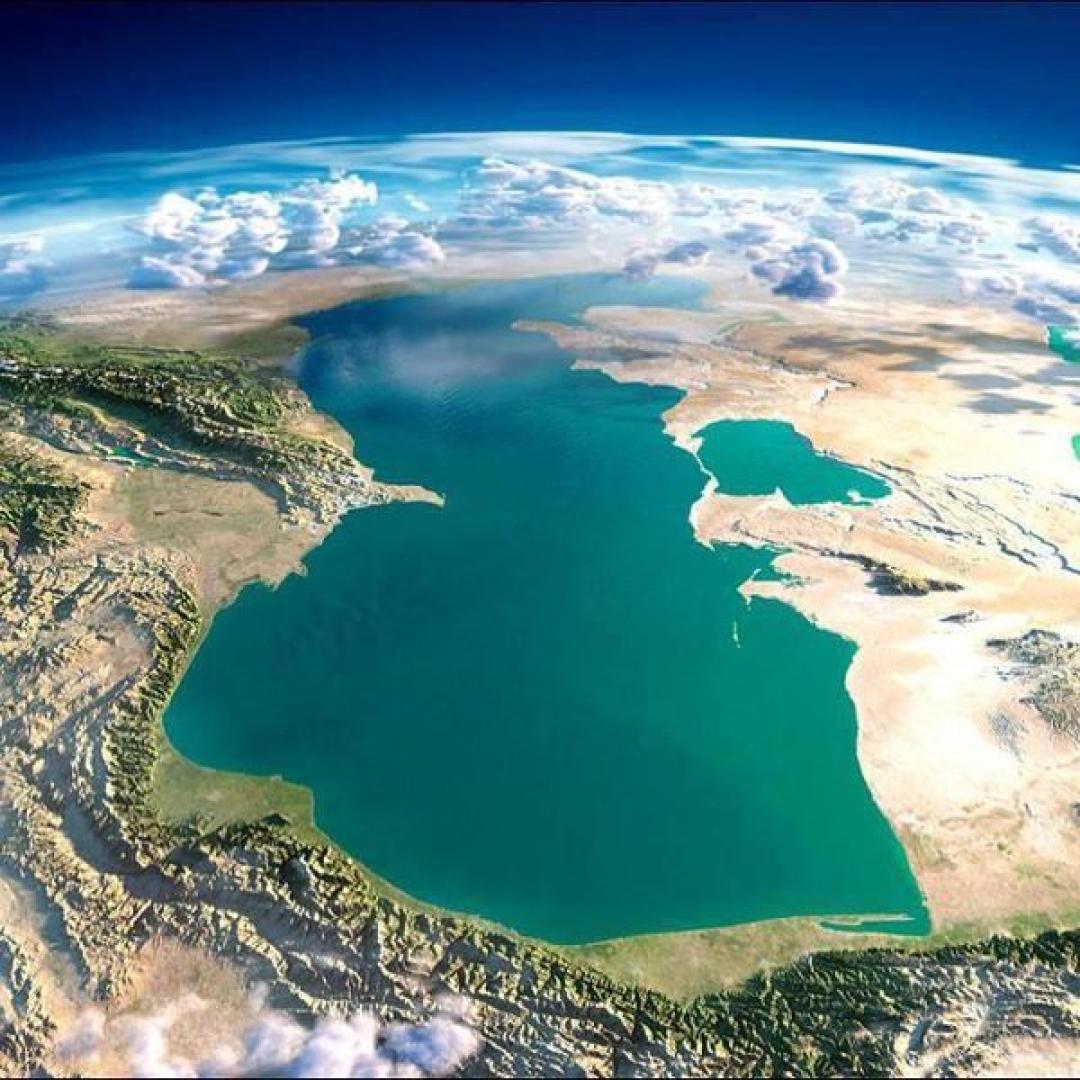
First Caspian Economic Forum held in Turkmenistan

Between 12 and 13 August, the first Caspian Economic Forum was held in Turkmenistan’s Awaza tourist zone near the city of Turkmenbashi.
The agenda of the forum included a discussion on the creation of conditions for large-scale projects, the role of the economy of the Caspian region in a global context, as well as on investment attractiveness in the oil and gas, power, transport, trade, agro-industrial, tourism and other sectors of the economy of the Caspian countries that are of mutual interest. The following issues were discussed at the forum: the implementation of joint investment projects and programs; the exchange of experience related to the creation and development of particular, special, free economic zones; the exchange of experience in the field of legislation, standards, rules and statutory data in the economic sphere; cooperation in the field of digital economy; development of cooperation between the regions of the littoral states; and the creation of joint ventures amongst the Caspian states.
Besides the delegations of the Caspian countries (Russia, Iran, Kazakhstan, Azerbaijan and Turkmenistan), representatives of interested countries close to the Caspian region, heads and representatives of international economic, financial, transport, environmental and other organizations had also attended the forum. Representatives of the China Development Bank, Huawei, PetroChina, CNPC, ARETI, Çalik Holdings, as well as the Prime Minister of Bulgaria Boyko Borisov were amongst the prominent guests of the forum.
The conference was hosted by the Turkmen President Gurbanguly Berdimuhamedov who pointed out the connecting potential of the Caspian Sea and called for improved connectivity amongst the littoral states along the Caspian Sea. He emphasized the idea of creating a Caspian regional logistics center, designed to become a structure coordinating joint activities in the formation and efficient use of new transport and transit corridors connecting Asia with Europe. He also highlighted the need to actively interact with the UN Economic Commission for Europe, the UN Economic and Social Commission for Asia and the Pacific, the World Trade Organization, and other specialized international structures.
The Russian Prime Minister Dmitry Medvedev said that his country is planning to complete the ratification of the Convention on the Legal Status of the Caspian Sea, which was signed by five Caspian states in August 2018. He also proposed discussing the opportunities offered by combining the potentials of the Black Sea and Caspian regions.
The Azerbaijani delegation was led by the Prime Minister Novruz Mammadov. Mammadov described the forum as a new format for enhancing cooperation between the Caspian littoral states and expressed the hope that this forum will give an additional impetus for cooperation in trade, transport, investment and tourism areas. He further stressed Azerbaijan’s high level of trade relations with the Caspian countries, noting that the trade turnover between Azerbaijan and the Caspian states increased by more than 28% in the first half of 2019 compared to the corresponding period of the previous year. He added that Azerbaijan is actively cooperating within the framework of such international projects as East-West and North-South. For example, transit goods with a total weight of more than 9 million tons were transported through the territory of Azerbaijan in 2018. Particularly strong growth was observed in the transit of non-oil products, which amounted to 49%.
Speaking of the Baku International Sea Trade Port, Mammadov noted that after putting it into operation, this logistics center became the intersection of roads, railways and sea routes in the region. "The capacity of this port at the moment is 15 million tons of cargo and 100,000 containers per year. It is planned to increase this to 25 million tons of cargo and 1 million containers.” He added that Azerbaijan has the largest merchant fleet in the Caspian Sea, consisting of 260 ships. He also stressed that the creation of a free economic zone around the port would create conditions for the development of cooperation in the trade, economic and transport sectors.
Azerbaijan and Turkmenistan faced strong opposition from Iran and Russia in their undertaking to construct the Trans-Caspian gas pipeline, through which Turkmen gas could flow through Azerbaijan to Europe. The first deputy chief of staff of the government of the Russian Federation Sergey Prikhodko said that “the interests of preserving the unique ecosystem of the Caspian have an absolute priority over any hypothetical economic projects.” A similar view is shared by the representative of the Iranian National Gas Company Behruz Namdari, as the pipeline could cause serious damage to the region's ecology.
57 international documents, which relate to the cooperation in such spheres as IT, investment cooperation, trade, economics and finances, diplomacy, transport, electric power industry, light industry, agriculture and water management as well as sports were adopted at various levels and were signed during the conference. The most noteworthy amongst such documents was the agreement on trade and economic cooperation, where the “stability through joint development” approach, which reflects the economic needs of each Caspian state, was chosen as the optimal form of partnership.
See Also


Mirzoyan Meets US Deputy Assistant Secretary Joshua Huck

Azerbaijani President Holds Talks with UAE and German Business Delegations on Economic Cooperation

Grigoryan Confirms Armenia’s Readiness to Dissolve OSCE Minsk Group Upon Peace Treaty Signing

Azerbaijani Official Warns of Ecological Risks to Caspian Sea, Similar to Lake Urmia and Aral Sea

